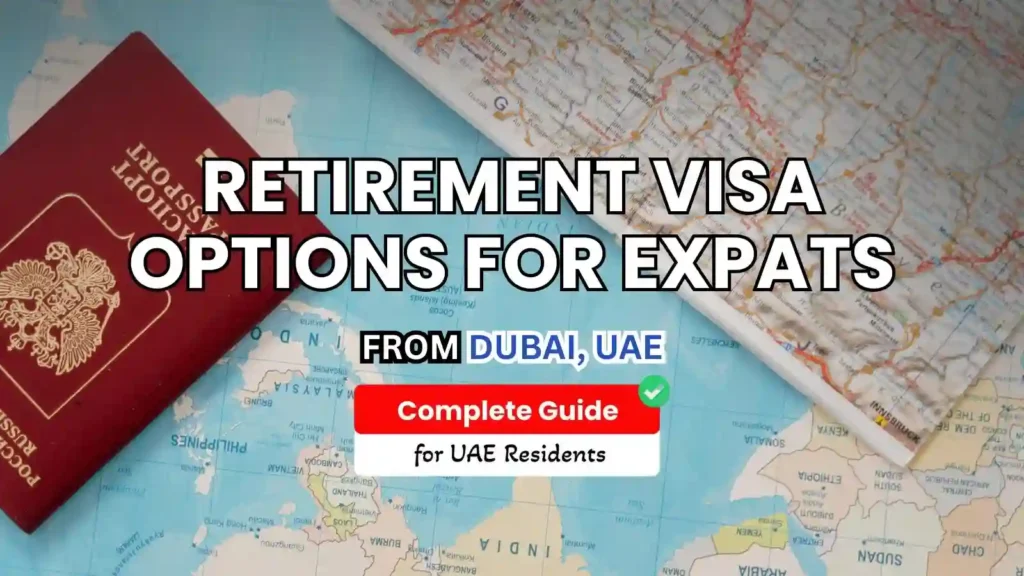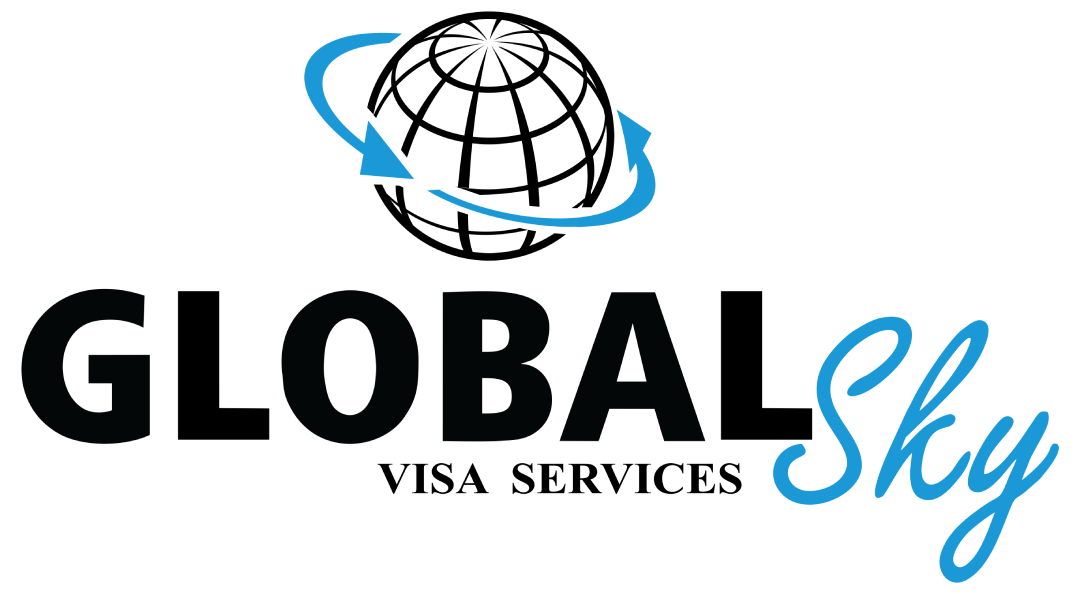
If you’ve spent years in the UAE, you know it’s more than a stopover. It’s where kids learned to ride bikes on quiet streets, where friendships started over late-night karak, and where “I’ll stay a couple of years” quietly turned into a decade. Then retirement creeps up and the big question hits: do you stay, or try somewhere new that’s calm, affordable, and easy to settle into?
Here’s a friendly, straight-talk guide with personal touches and practical steps so you can plan your next chapter with less stress and more confidence.
Option 1: Retire in the UAE — Dubai’s Retirement Visa
Dubai offers a retirement visa for residents aged 55 and above who meet specific financial criteria. It’s typically renewable for five years, and you don’t need a job to keep your residency active. For many long-timers, that means familiar neighborhoods, the same barber, the same Friday routine—just fewer work emails.
What you’ll usually need:
-
Property ownership in the UAE that meets the minimum required value
-
Savings at or above the program’s threshold
-
Proof of steady income that meets the requirements
Why people choose it: you keep your UAE lifestyle, travel in and out as needed, and avoid starting from scratch somewhere else.
A quick real-life snapshot (illustrative):
After 20 years in Dubai, Arjun and Meera hit 56 and weren’t ready to give up community BBQs or morning beach walks. They met the income and savings criteria, applied for the five-year visa, and stayed put—same villa, new pace. Their take: “Retired, but not uprooted.”
Option 2: Retire Abroad — Visa-Friendly Picks for UAE Expats
Prefer a new setting (and maybe gentler costs)? These destinations welcome retirees who can show savings or passive income. Requirements change, so always verify the latest details before you apply.
Portugal — D7 “Passive Income” Visa
Good for calm coastal living, affordable healthcare, and a straightforward path to longer-term residency if you maintain the income requirements.
Spain — Non-Lucrative Visa
Ideal if you can show sufficient funds and private health insurance. You can live in Spain and enjoy Schengen travel without working.
Thailand — Long-Stay Retirement Visa (50+)
Known for warm weather, friendly communities, and strong value for money if you meet the age and financial requirements.
Malaysia — MM2H (Malaysia My Second Home)
Modern comforts at a lower cost of living than many Western countries. Requirements have evolved over time, so double-check current rules.
Greece — Permit for Financially Independent Persons
Mediterranean lifestyle with access to Schengen travel if you can demonstrate steady income and meet minimum thresholds.
What to Consider Before You Choose
Healthcare access
How good is it, what does it cost, and will your insurance truly cover you?
Taxes
Will your pension or rental income be taxed there? Are there double-taxation treaties?
Lifestyle fit
Climate, language, community, walkability, and how easy it feels to build a routine you enjoy.
Renewal rules
How long does the visa last? What are the renewal criteria and any minimum stay requirements?
The everyday life test
Picture a normal Tuesday: groceries, pharmacy, a quick doctor visit, a bank errand. Does it sound smooth or stressful?
Your Paperwork, Simplified
Most retirement visas ask for a familiar bundle:
-
Valid passport with enough remaining validity
-
Proof of income or savings (pensions, rentals, deposits)
-
Health insurance accepted in the destination country
-
Police clearance or background check
-
Accommodation proof (lease, deed, or host letter)
Practical tip: create one “Retirement Visa” folder (digital and physical). Name files clearly—“Passport_Ahmed_Expires_2029.pdf” beats “scan001.pdf” every time.
Timing and Process
-
Apply early; processing times vary by country and season.
-
Confirm whether originals, certified copies, or translations/apostilles are required.
-
Keep a checklist and tick items off as you go. It reduces repeat trips and last-minute scrambles.
Final Thought
Retirement visas give UAE expats two solid paths: stay where life already works, or start fresh somewhere that matches your budget and pace. Compare the numbers, feel out the lifestyle, and line up your documents. You don’t have to rush—steady steps win here.
